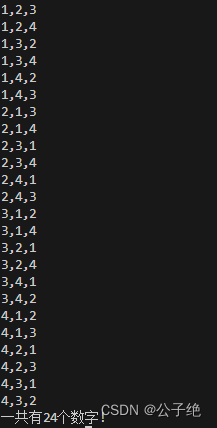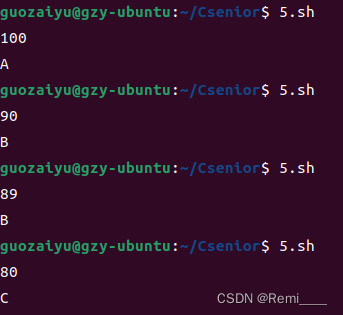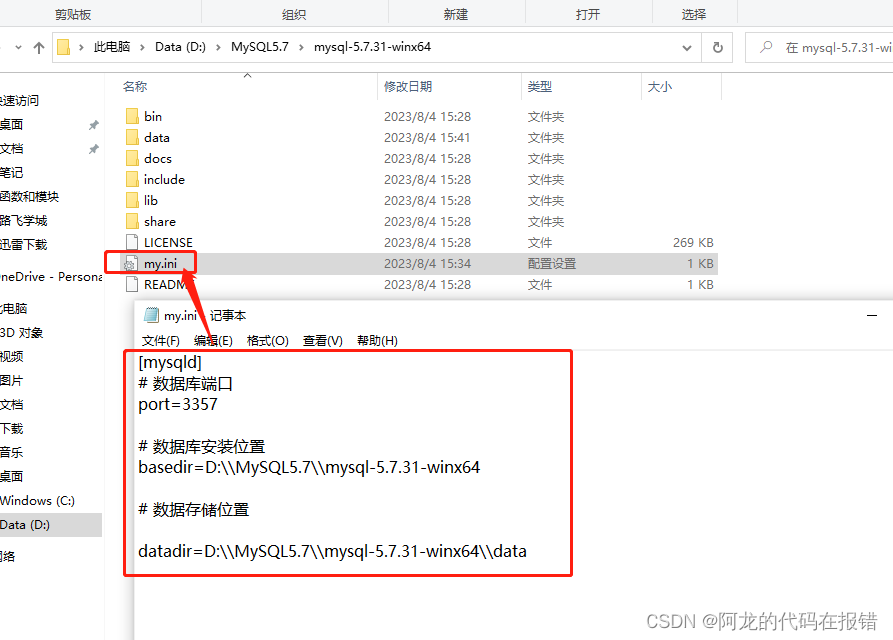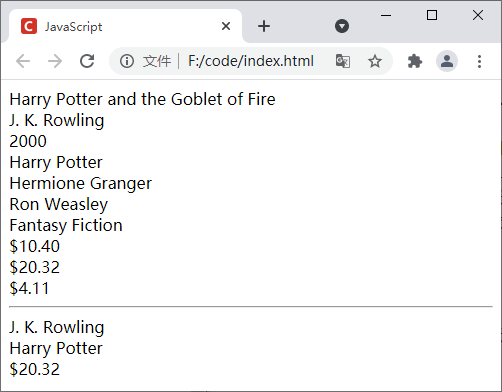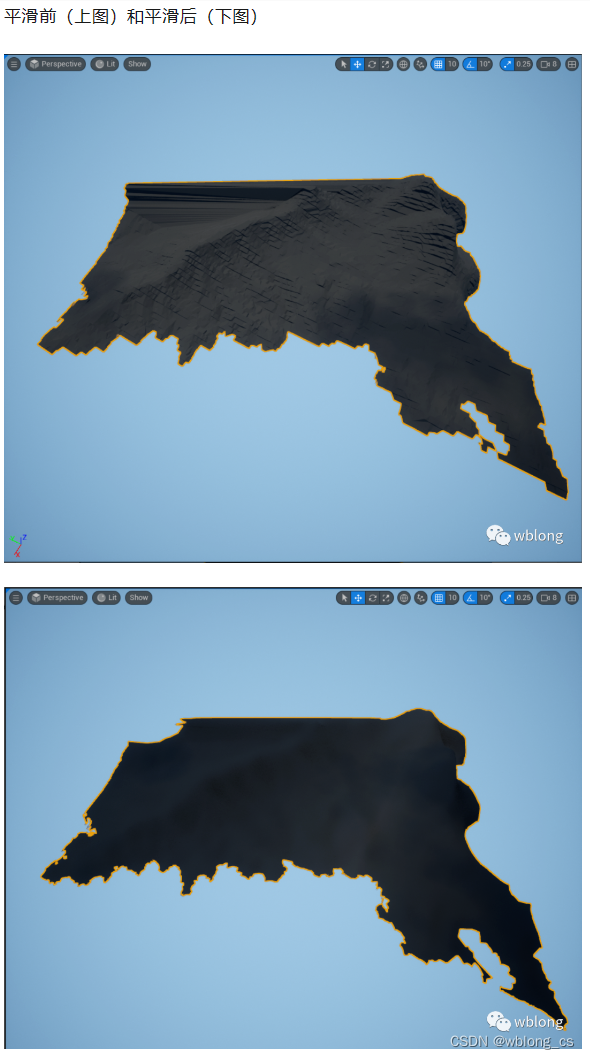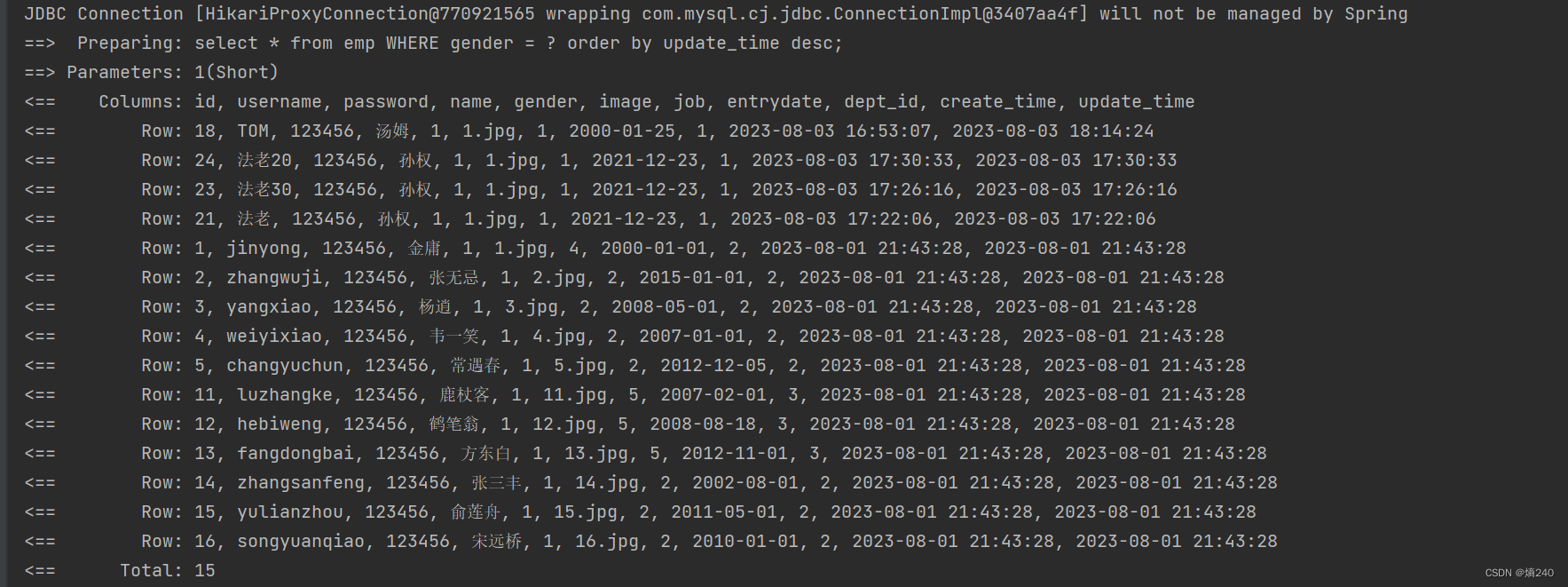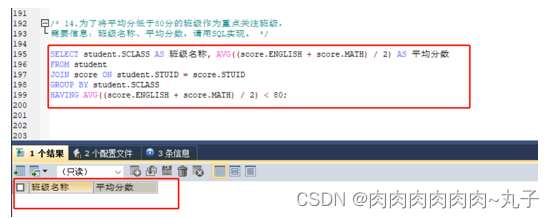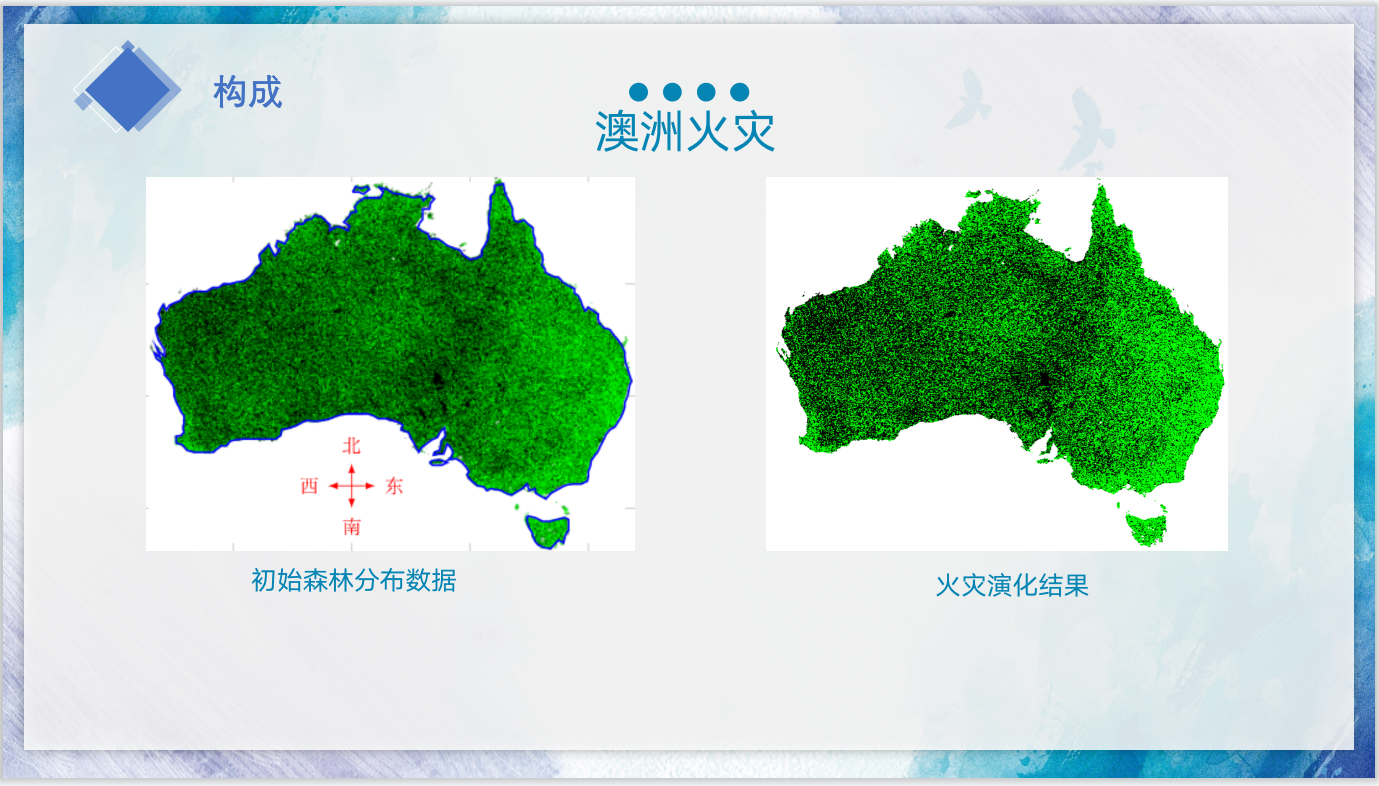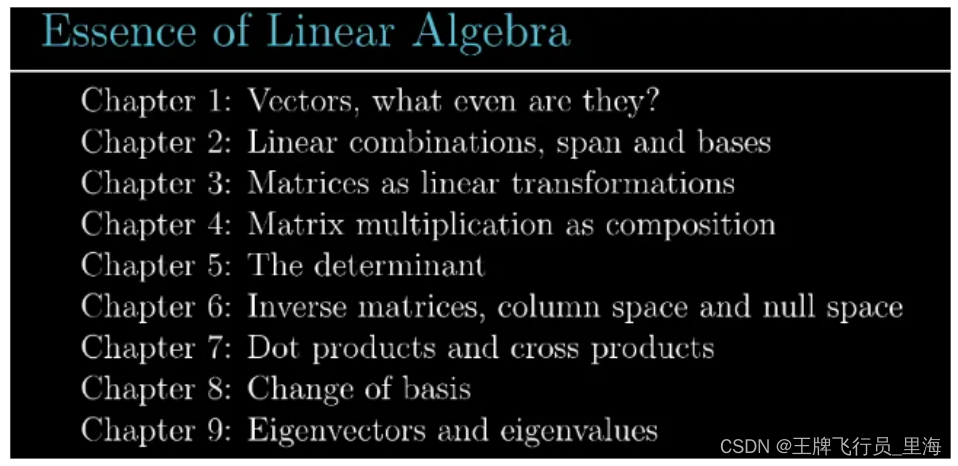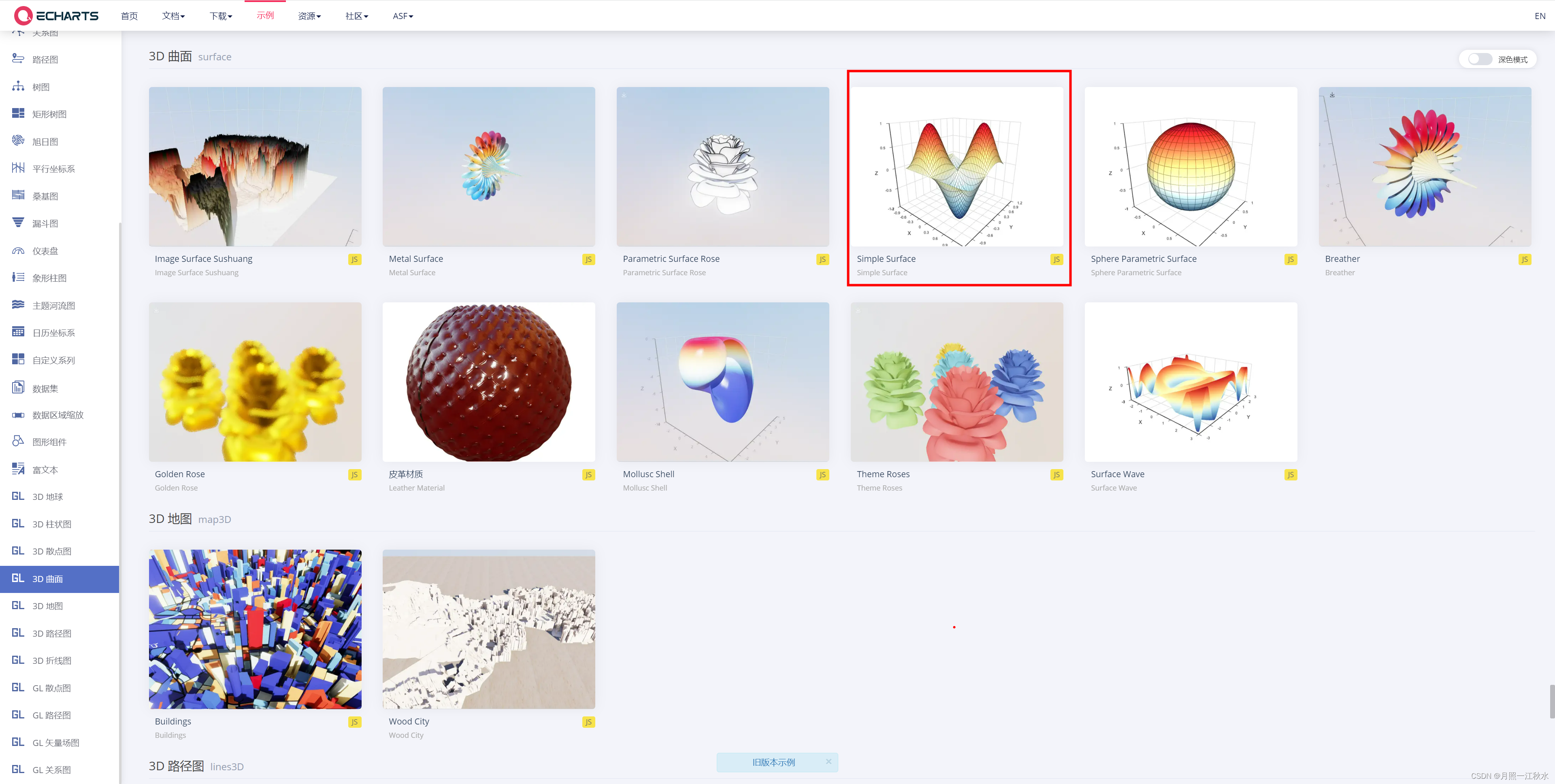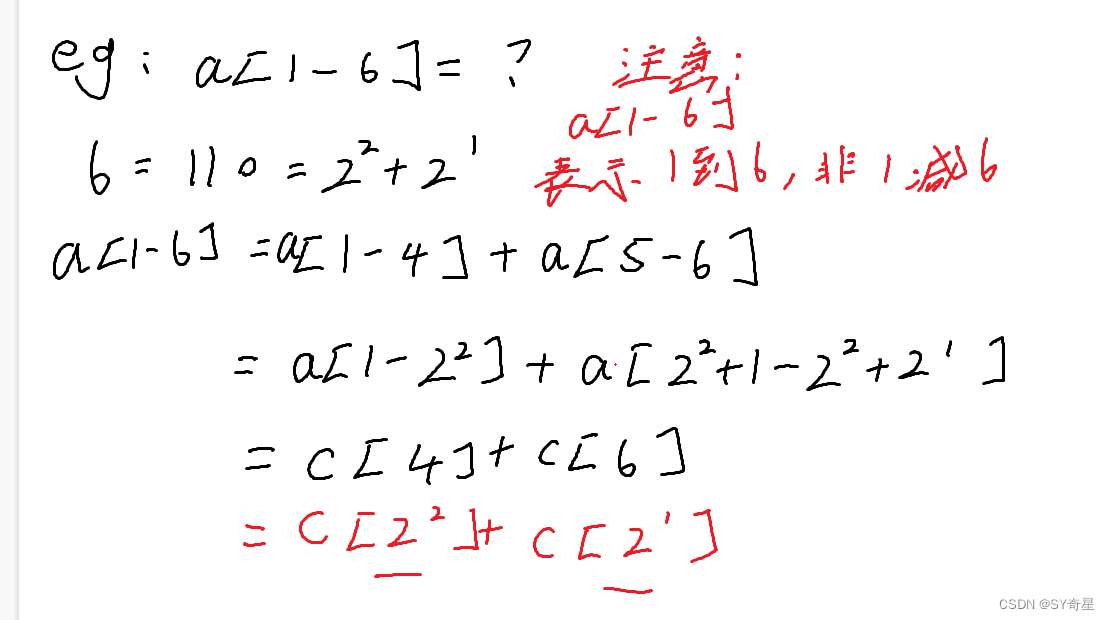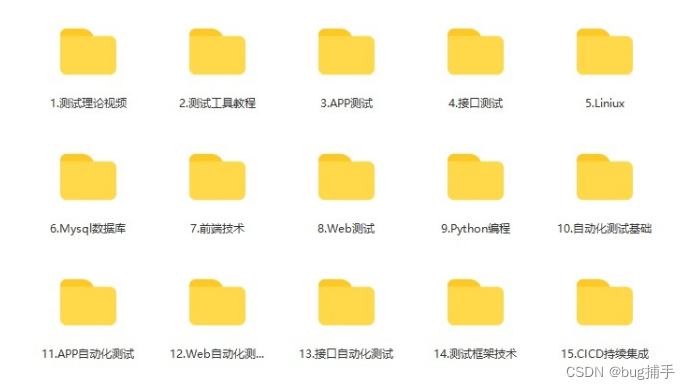文章目的
本文主要介绍如何使用poi读取到Excel的名称管理器中的内容。并且定位到单元格。
在企业的开发中可能需要通过名称管理器定位到某个单元格,然后在单元格上生成签名。
环境配置
Java:Jdk1.8
poi:5.2.3
maven依赖(pom.xml):
<dependencies>
<dependency>
<groupId>org.apache.poi</groupId>
<artifactId>poi</artifactId>
<version>5.2.3</version>
</dependency>
<dependency>
<groupId>org.apache.poi</groupId>
<artifactId>poi-ooxml</artifactId>
<version>5.2.3</version>
</dependency>
<!-- 以下依赖非必须,可根据项目情况选择性依赖 -->
<!-- poi案例代码,可以去掉 -->
<dependency>
<groupId>org.apache.poi</groupId>
<artifactId>poi-examples</artifactId>
<version>5.2.3</version>
</dependency>
<dependency>
<groupId>cn.hutool</groupId>
<artifactId>hutool-all</artifactId>
<version>5.8.15</version>
</dependency>
<!-- 使用slf4j 作为日志门面 -->
<dependency>
<groupId>org.slf4j</groupId>
<artifactId>slf4j-api</artifactId>
<version>1.7.36</version>
</dependency>
<!-- 使用 log4j2 的适配器进行绑定 -->
<dependency>
<groupId>org.apache.logging.log4j</groupId>
<artifactId>log4j-slf4j-impl</artifactId>
<version>2.9.1</version>
</dependency>
<!-- log4j2 日志门面 -->
<dependency>
<groupId>org.apache.logging.log4j</groupId>
<artifactId>log4j-api</artifactId>
<version>2.17.2</version>
</dependency>
<!-- log4j2 日志实面 -->
<dependency>
<groupId>org.apache.logging.log4j</groupId>
<artifactId>log4j-core</artifactId>
<version>2.17.2</version>
</dependency>
<!-- log4j2-异步日志依赖 -->
<dependency>
<groupId>com.lmax</groupId>
<artifactId>disruptor</artifactId>
<version>3.4.4</version>
</dependency>
<dependency>
<groupId>org.projectlombok</groupId>
<artifactId>lombok</artifactId>
<version>1.18.26</version>
</dependency>
<dependency>
<groupId>org.junit.jupiter</groupId>
<artifactId>junit-jupiter-engine</artifactId>
<version>5.9.3</version>
<scope>test</scope>
</dependency>
</dependencies>实现思路
poi的WorkBook有个getNames方法可以读到名称。
Excel操作
Excel的名称在下图中新建
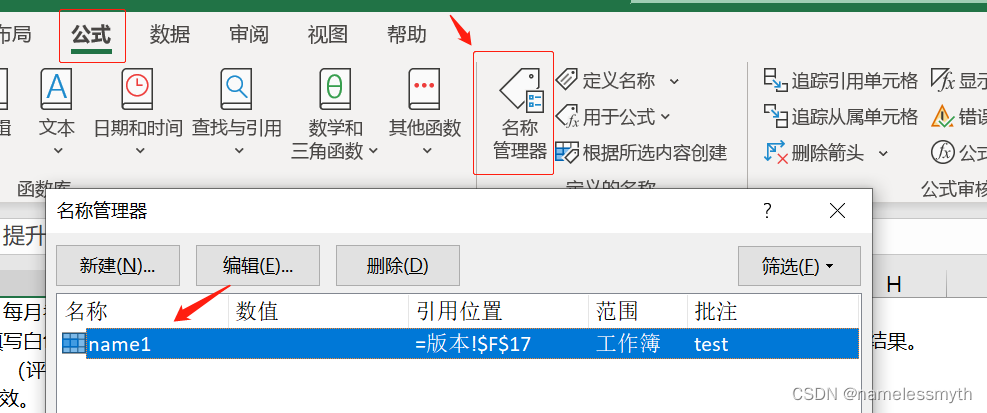
参考代码
以下代码用于得到单元格引用对象(CellReference)
@Slf4j
public class PoiExcelUtil {
/**
* 返回Excel名称管理器中所有名称对应的单元格引用
*
* @param path Excel工作簿路径
* @return List<CellReference>
*/
public static List<CellReference> listNameCell(String path) throws IOException {
List<CellReference> result = null;
if (StrUtil.isNotBlank(path)) {
log.info("excelFilePath:{}", path);
Workbook book = new XSSFWorkbook(new FileInputStream(path));
result = listNameCell(book);
book.close();
}
return result;
}
/**
* 返回Excel名称管理器中所有名称对应的单元格引用
*
* @param book Excel工作簿对象
* @return List<CellReference>
*/
public static List<CellReference> listNameCell(Workbook book) throws IOException {
List<CellReference> result = null;
// 打开Excel文件
if (book != null && book.getAllNames() != null) {
result = new ArrayList<>(book.getAllNames().size());
// 获取所有的名称管理器
for (Name namedRange : book.getAllNames()) {
String refersToFormula = namedRange.getRefersToFormula();
CellReference cellReference = new CellReference(refersToFormula);
result.add(cellReference);
}
}
return result;
}
/**
* 根据名称得到名称管理器中的名称单元格引用
*
* @param filePath
* @param nameName
* @return CellReference
*/
public static CellReference getNameCell(String filePath, String nameName) throws IOException {
CellReference result = null;
log.info("excelFilePath:{},nameName:{}", filePath, nameName);
if (StrUtil.isNotBlank(filePath) && StrUtil.isNotBlank(nameName)) {
Workbook book = new XSSFWorkbook(new FileInputStream(filePath));
result = getNameCell(book, nameName);
book.close();
}
return result;
}
/**
* 根据名称得到名称管理器中的名称单元格引用
*
* @param book
* @param nameName
* @return CellReference
*/
public static CellReference getNameCell(Workbook book, String nameName) {
CellReference result = null;
// 打开Excel文件
if (book != null) {
Name name = book.getName(nameName);
if (name != null) {
result = new CellReference(name.getRefersToFormula());
}
}
return result;
}
}在单元测试代码中通过CellReference来获取单元格。
CellReference中记录着sheet名字,行号,列号。
class PoiExcelUtilTest {
String excelPath = "E:\\resource\\20230801.xlsx";
@Test
void getNameCell() throws IOException {
Workbook book = new XSSFWorkbook(new FileInputStream(excelPath));
CellReference cell = PoiExcelUtil.getNameCell(book, "name1");
//先找到Sheet
Sheet sheet = book.getSheet(cell.getSheetName());
//再找到单元格
Cell c = sheet.getRow(cell.getRow()).getCell(cell.getCol());
System.out.println(c.getNumericCellValue());
}
@Test
void listNameCell() throws IOException {
List<CellReference> cells = PoiExcelUtil.listNameCell(excelPath);
System.out.println(StrUtil.toString(cells));
}
@Test
void getNameCell2() throws IOException {
CellReference cell = PoiExcelUtil.getNameCell(excelPath, "name1");
System.out.println(StrUtil.toString(cell));
}
}